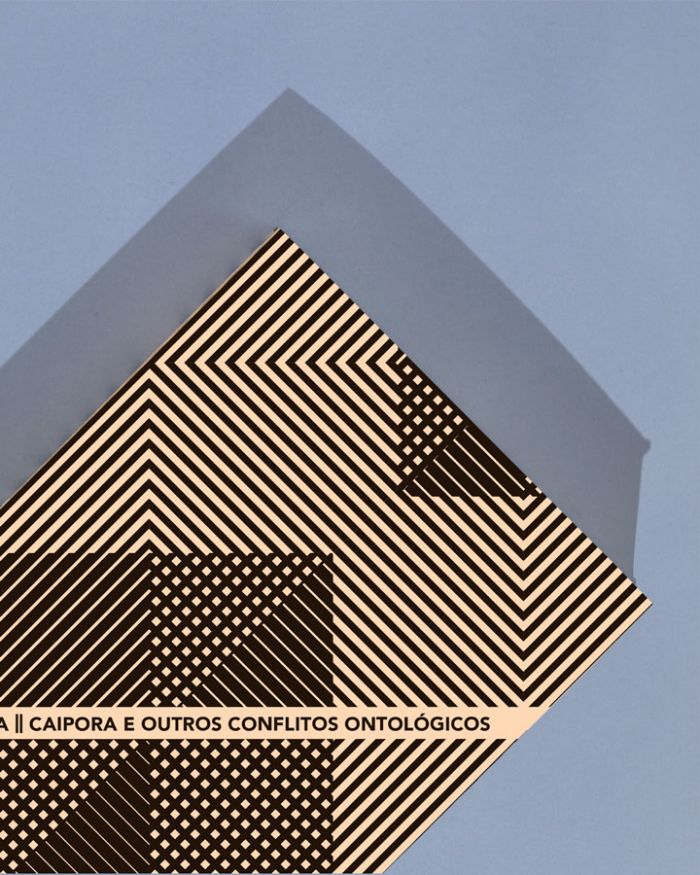[mgz_pagebuilder]{"elements":[{"row_type":"full_width_row","content_position":"top","gap_type":"padding","content_align":"center","device_type":"all","background_type":"image","background_style":"auto","background_position":"center-top","parallax_speed":0.5,"mouse_parallax_size":30,"mouse_parallax_speed":10000,"lg_background_type":"image","lg_background_style":"auto","lg_background_position":"center-top","md_background_type":"image","md_background_style":"auto","md_background_position":"center-top","sm_background_type":"image","sm_background_style":"auto","sm_background_position":"center-top","xs_background_type":"image","xs_background_style":"auto","xs_background_position":"center-top","type":"row","id":"uq8g959","elements":[{"device_type":"all","background_type":"image","background_style":"auto","background_position":"center-top","parallax_speed":0.5,"mouse_parallax_size":30,"mouse_parallax_speed":10000,"lg_background_type":"image","lg_background_style":"auto","lg_background_position":"center-top","md_background_type":"image","md_background_style":"auto","md_background_position":"center-top","sm_background_type":"image","sm_background_style":"auto","sm_background_position":"center-top","xs_background_type":"image","xs_background_style":"auto","xs_background_position":"center-top","md_size":"","xl_offset_size":"","xl_size":"","lg_offset_size":"","lg_size":"","md_offset_size":"","sm_offset_size":"","sm_size":"","xs_size":"","type":"column","id":"f37ogp7","elements":[{"content":"
Mauro William Barbosa de Almeida nasceu em 14 de junho de 1950, em Rio Branco, no Acre. Concluiu o doutorado em antropologia social pela Universidade de Cambridge, no Reino Unido, em 1993. Participou da formalização do programa das Reservas Extrativistas e da concepção da Universidade da Floresta do Alto Juruá (Uniflora). Em 2006, foi professor e pesquisador na Universidade de Chicago. Em 2007, recebeu o prêmio Chico Mendes de Florestania. Recebeu também, do Ministério da Educação (MEC), o Grande Prêmio Capes de Tese 2016. Desde 1977, leciona no Programa de Antropologia da Universidade Estadual de Campinas (Unicamp), onde, desde 2013, atua como professor-colaborador e coordenador do Centro de Estudos Rurais (Ceres).
","device_type":"all","background_type":"image","background_style":"auto","background_position":"center-top","parallax_speed":0.5,"mouse_parallax_size":30,"mouse_parallax_speed":10000,"lg_background_type":"image","lg_background_style":"auto","lg_background_position":"center-top","md_background_type":"image","md_background_style":"auto","md_background_position":"center-top","sm_background_type":"image","sm_background_style":"auto","sm_background_position":"center-top","xs_background_type":"image","xs_background_style":"auto","xs_background_position":"center-top","type":"text","id":"aicsggi"}]}]}],"pid":"umtu5sjdb70e"}[/mgz_pagebuilder]


